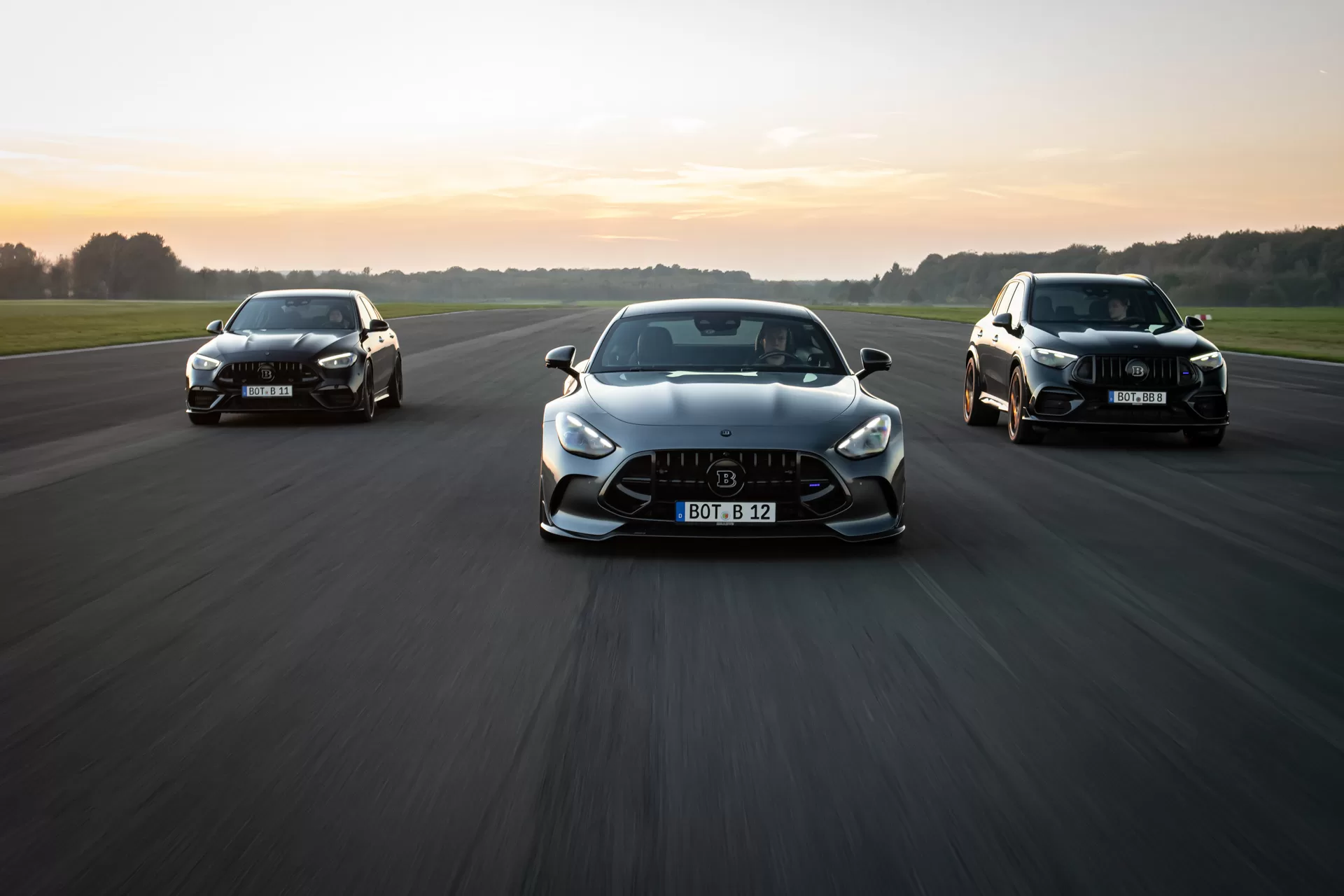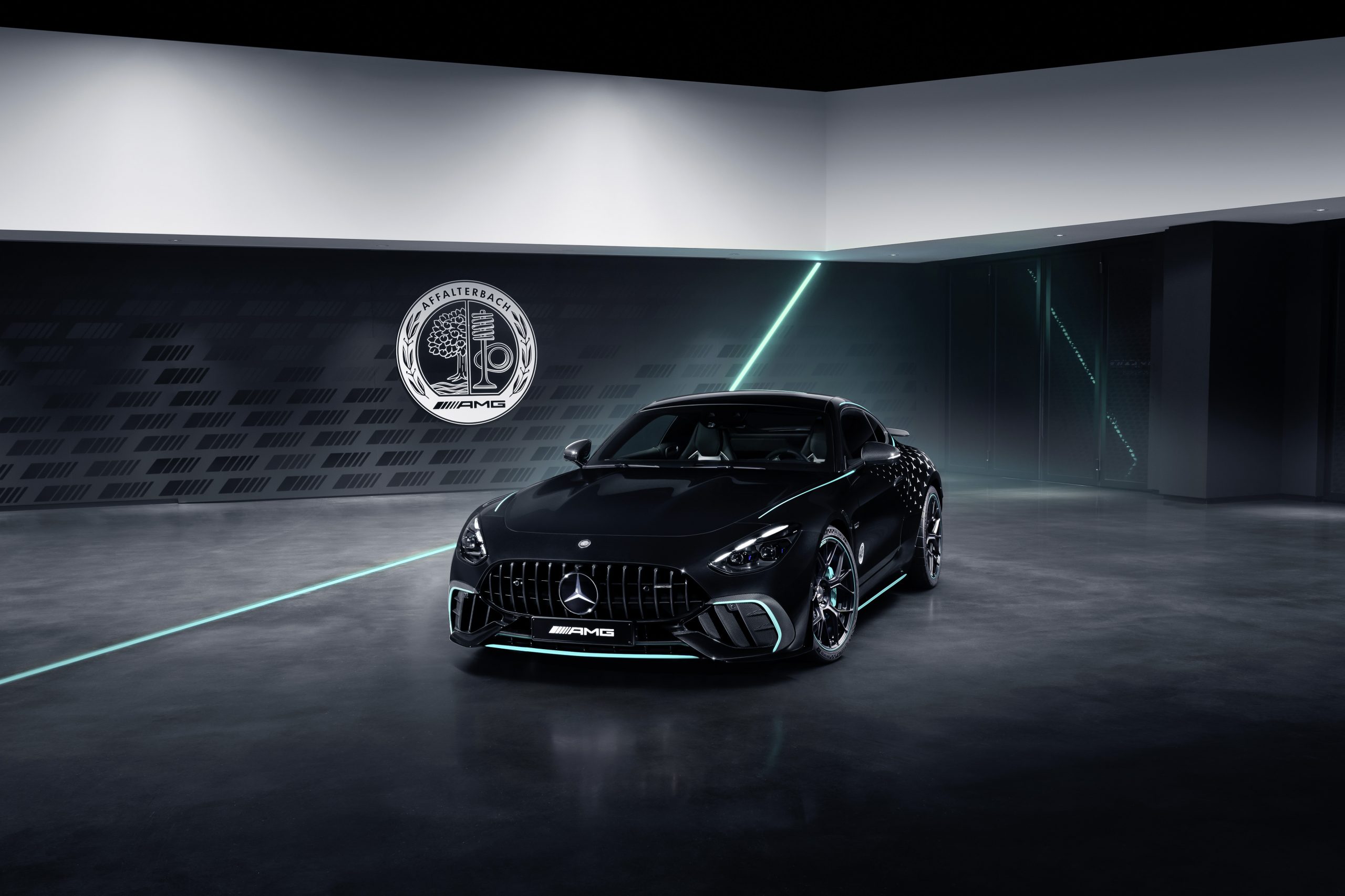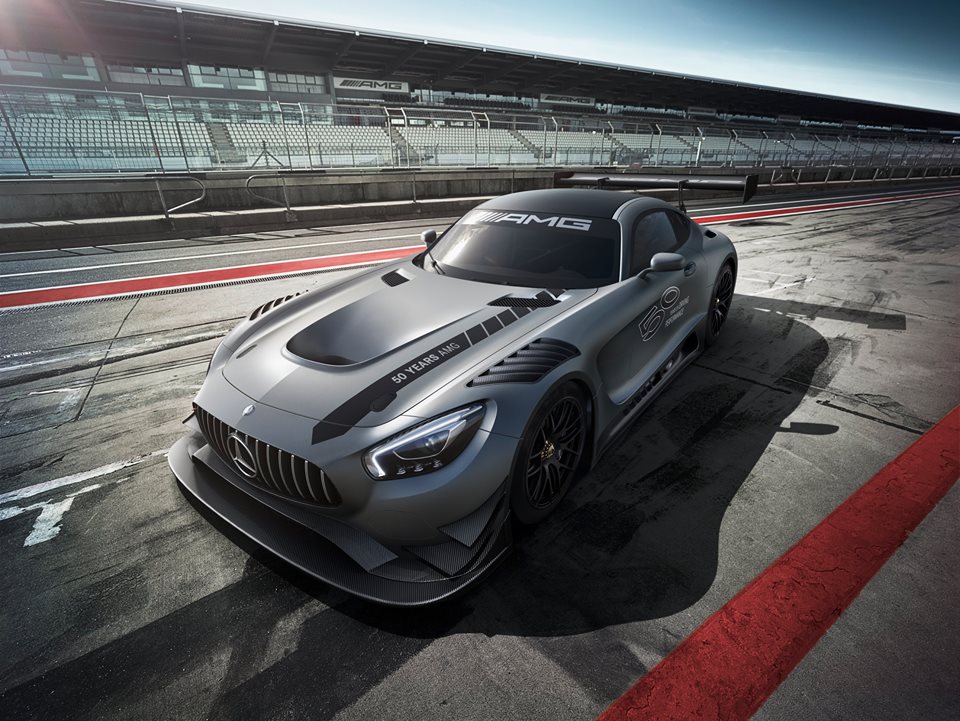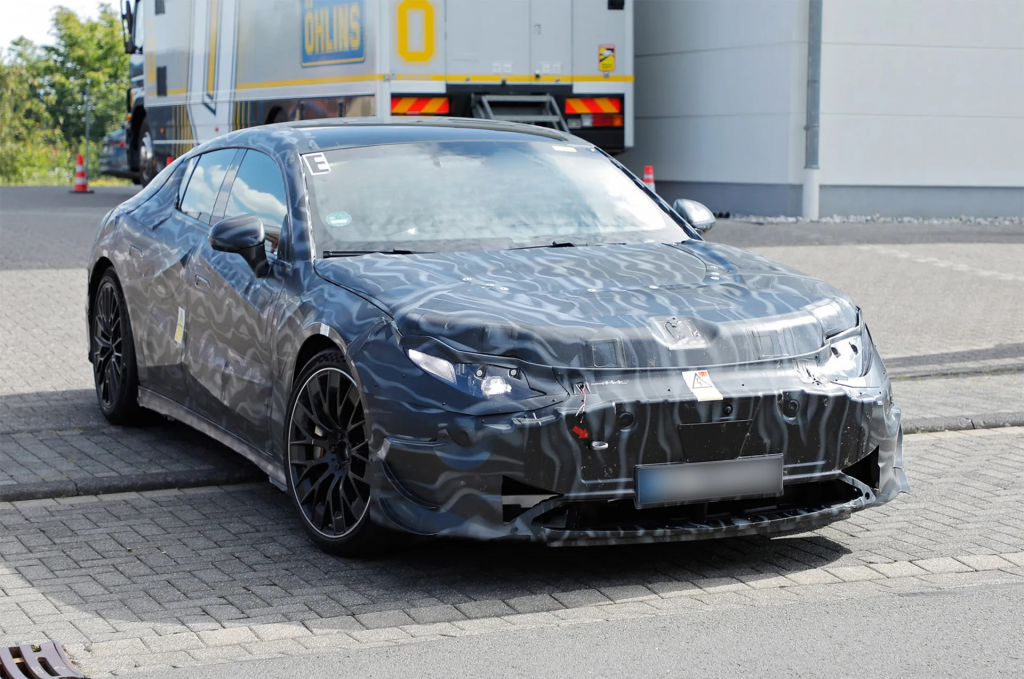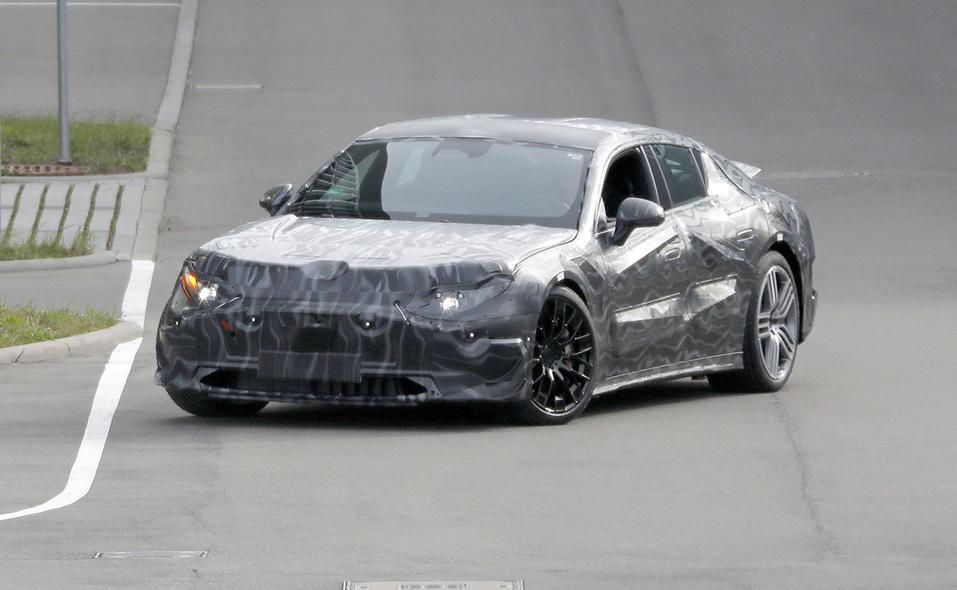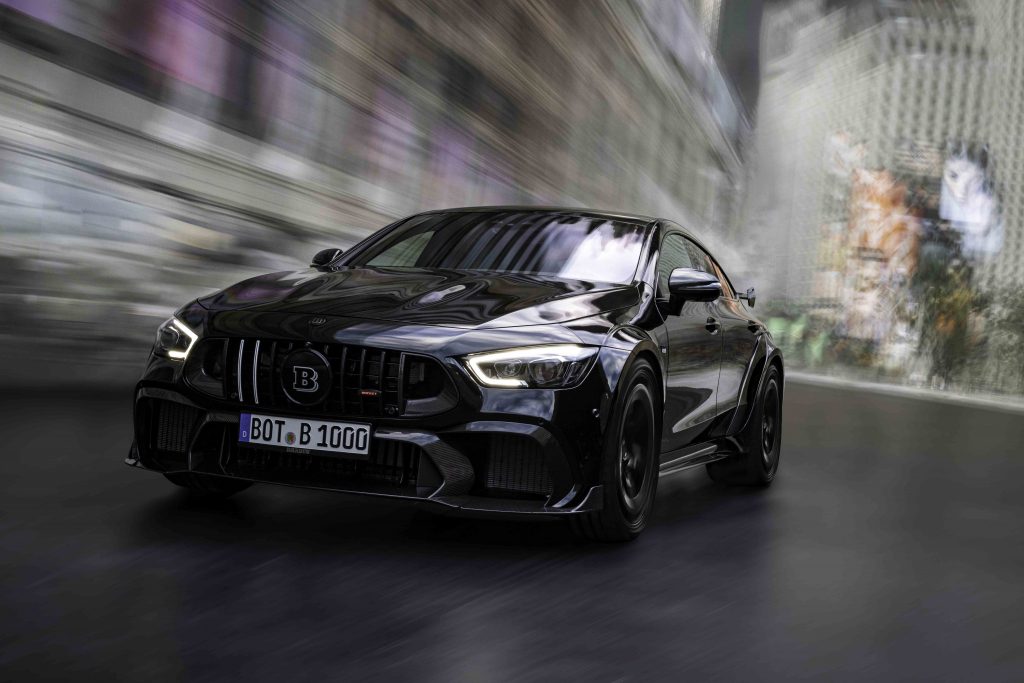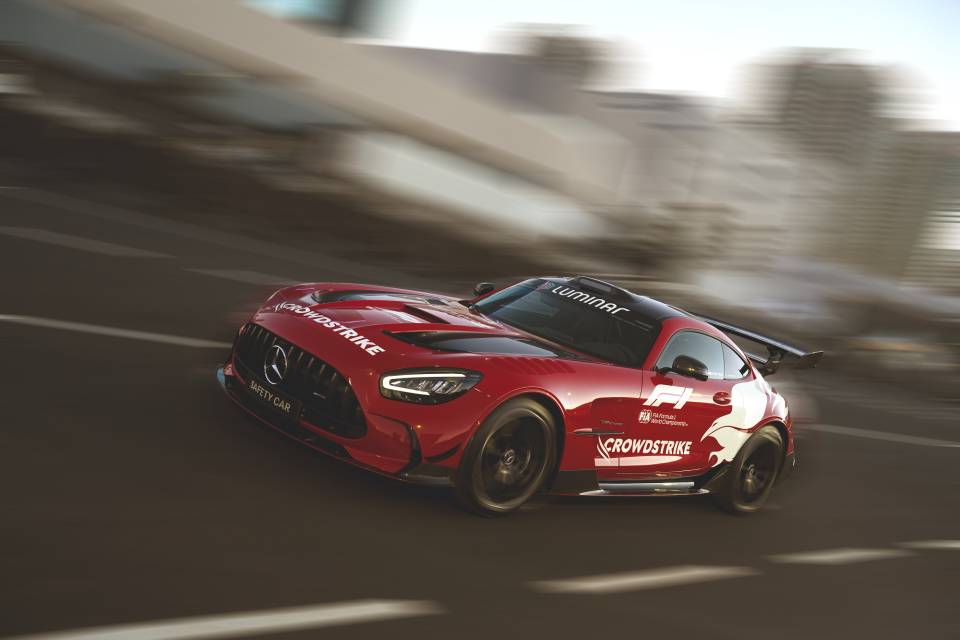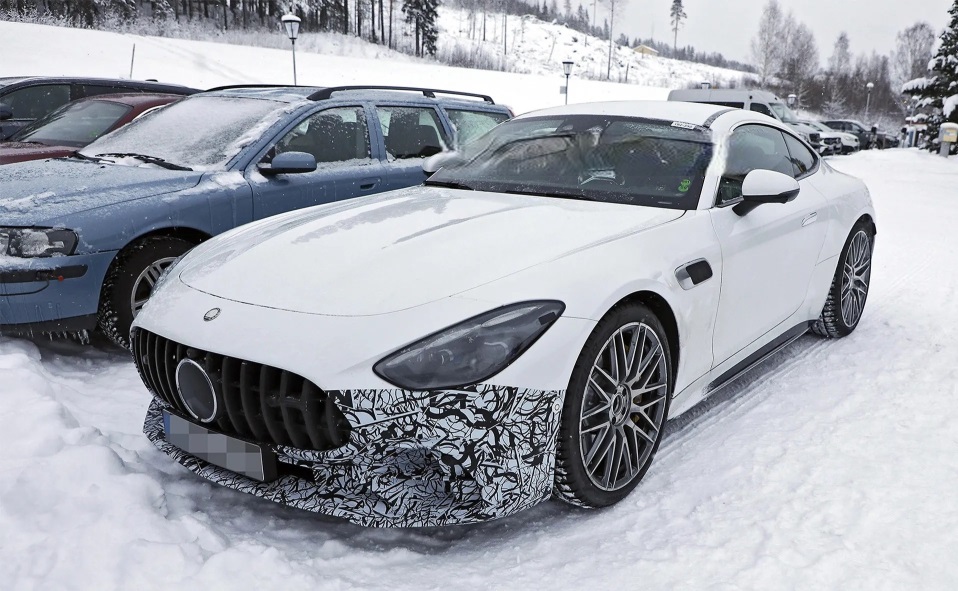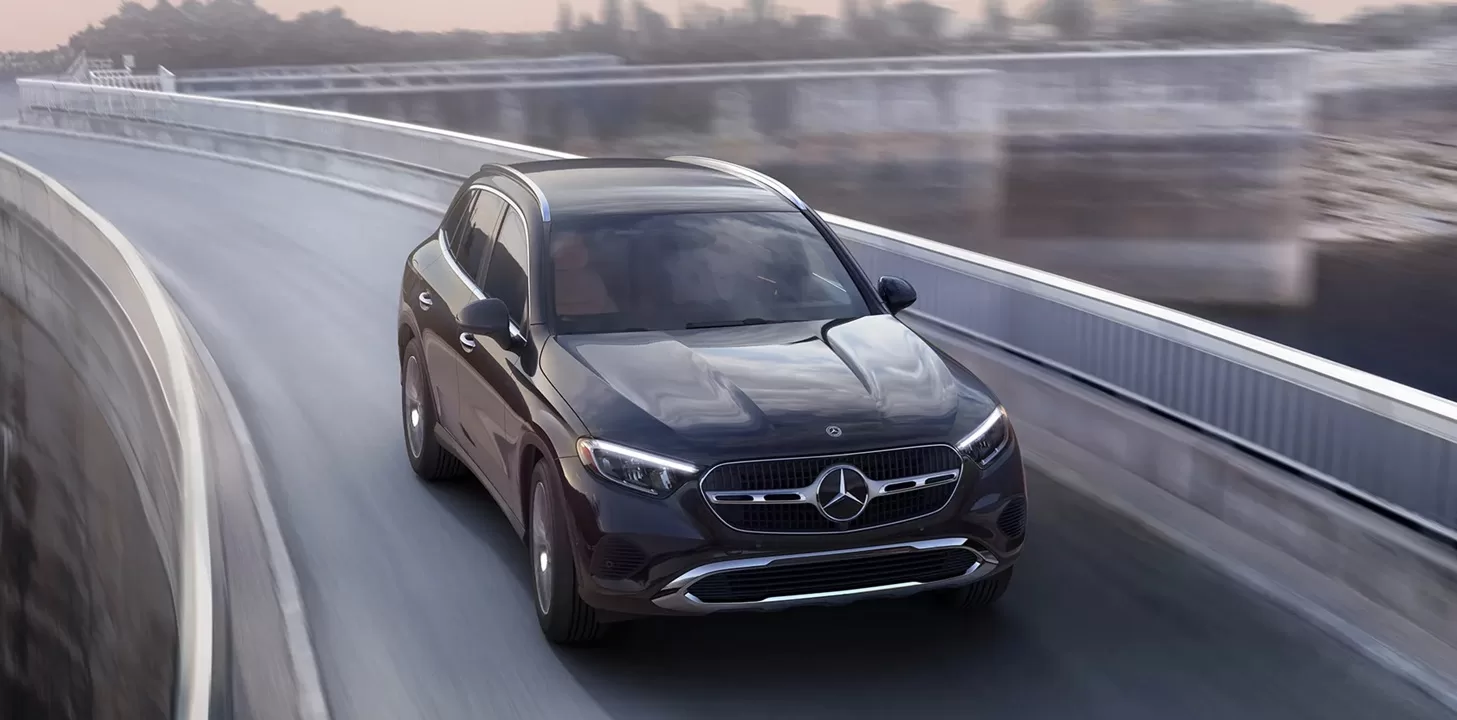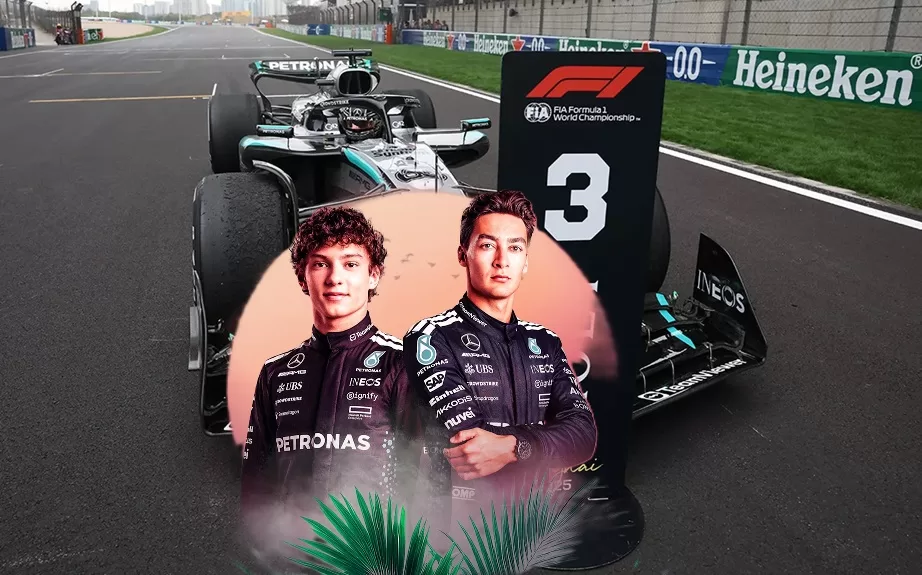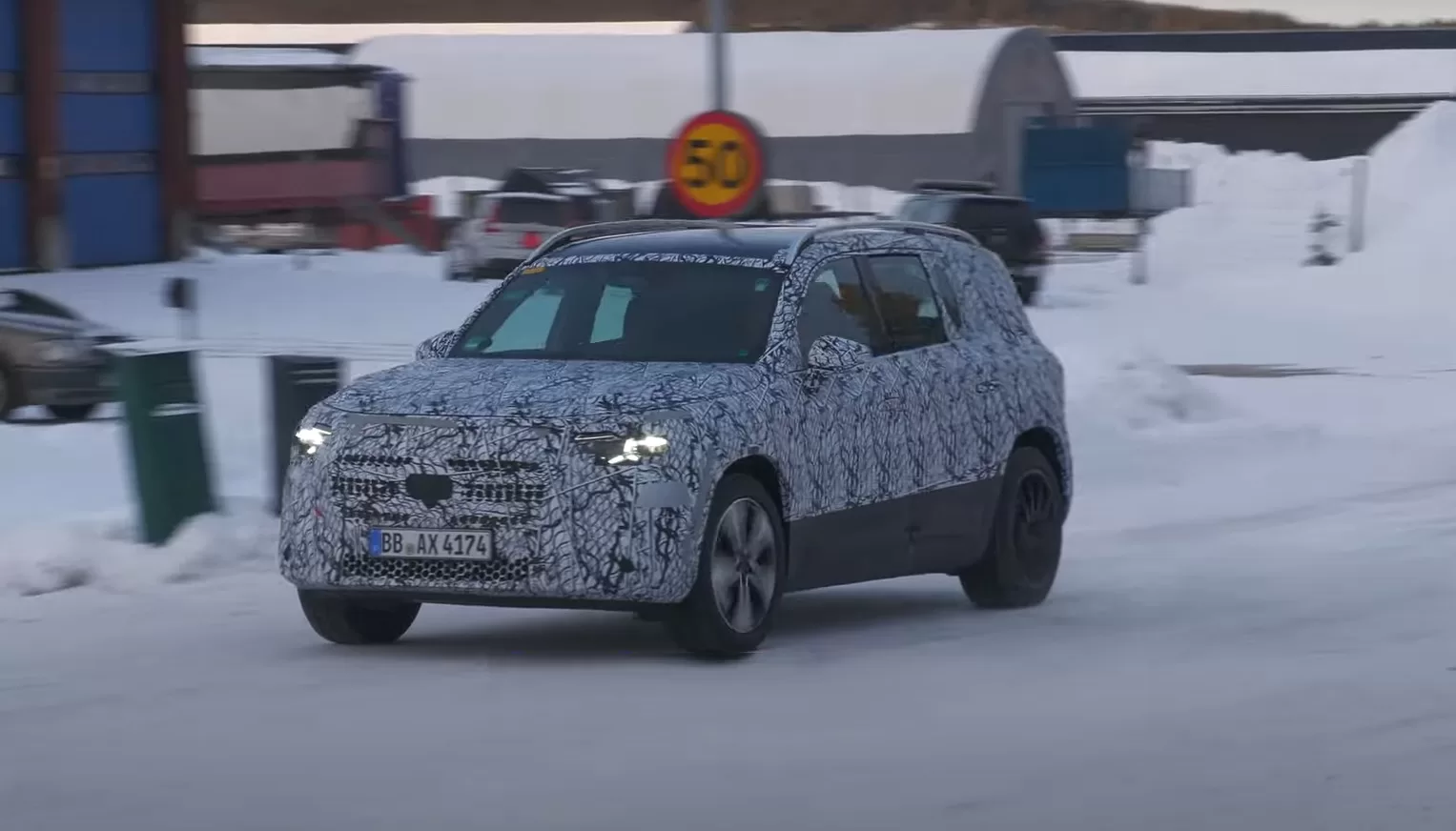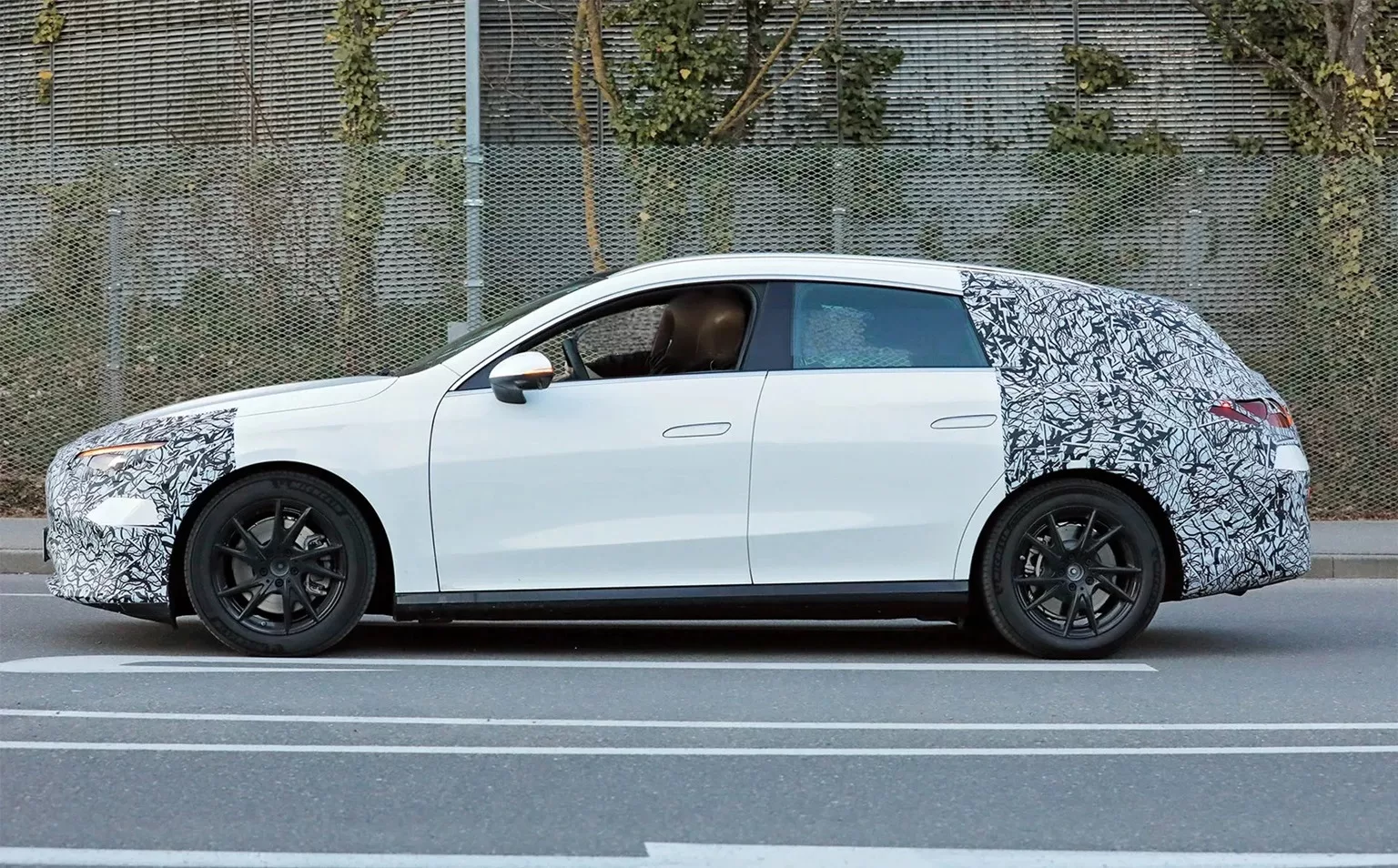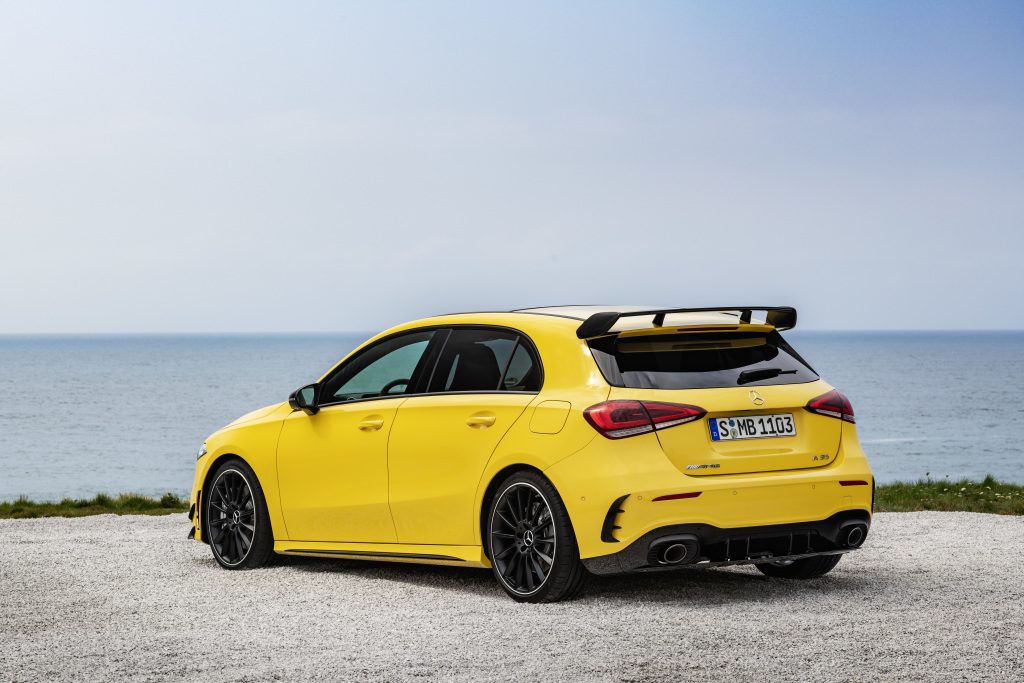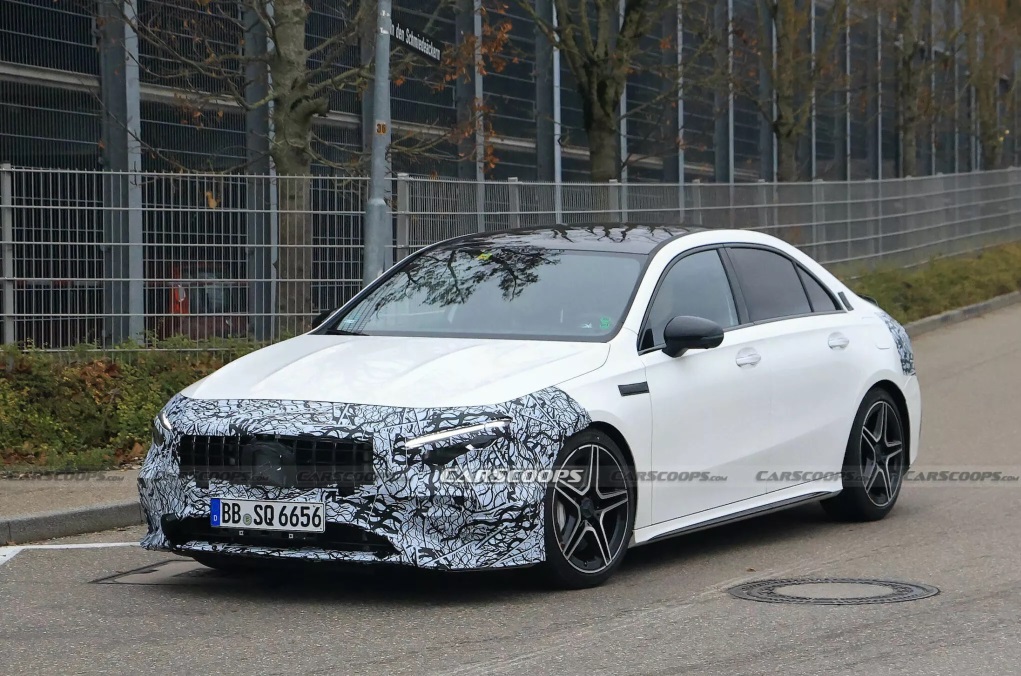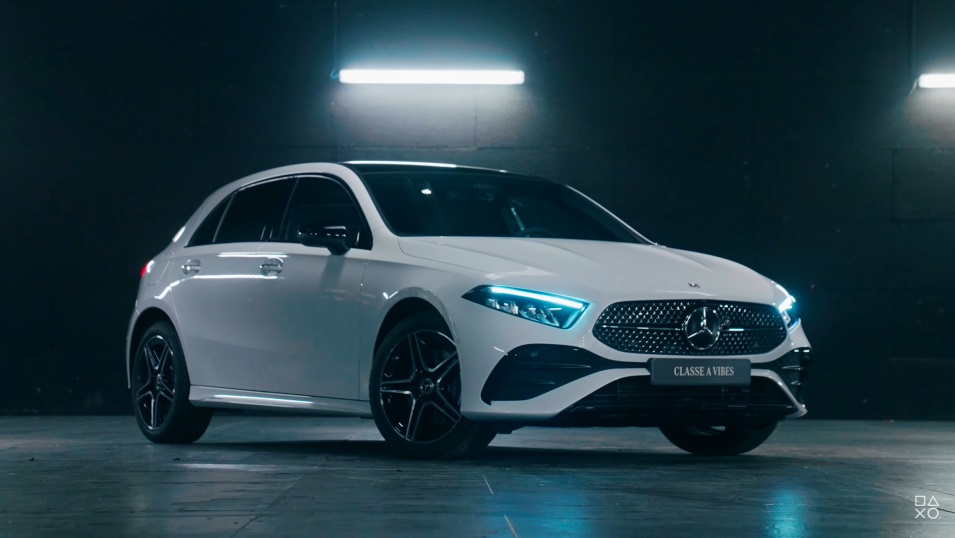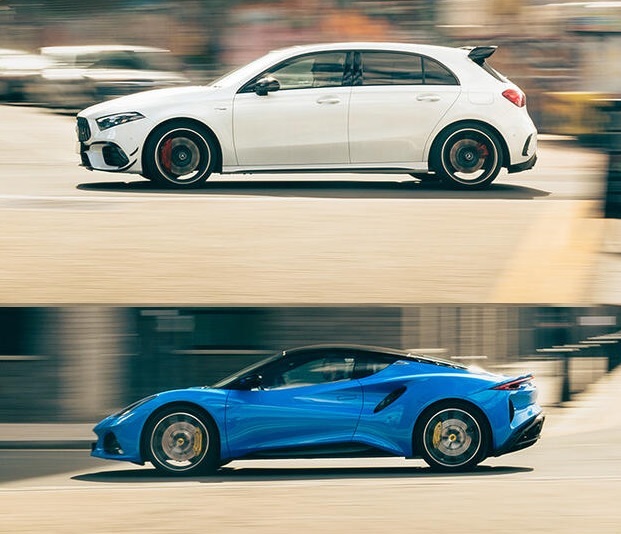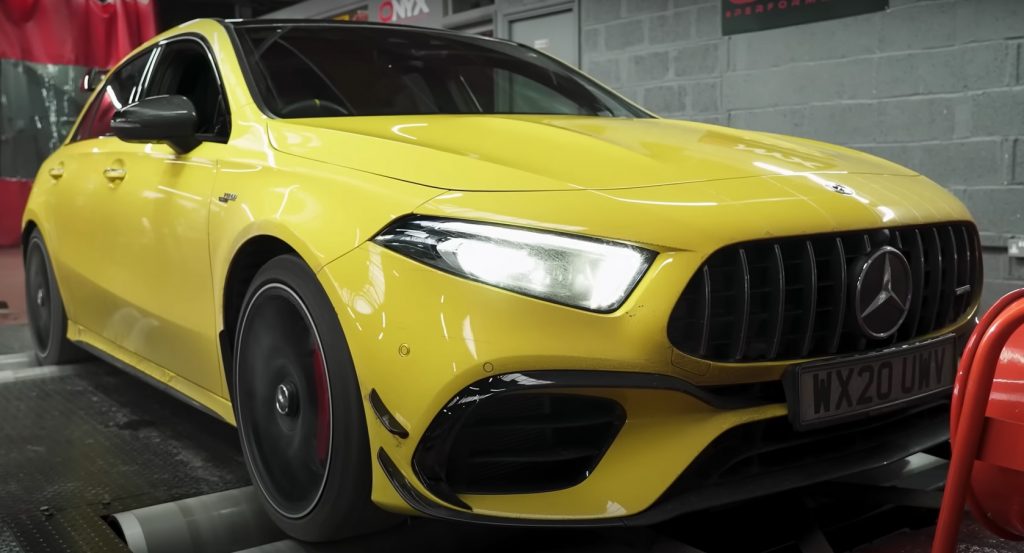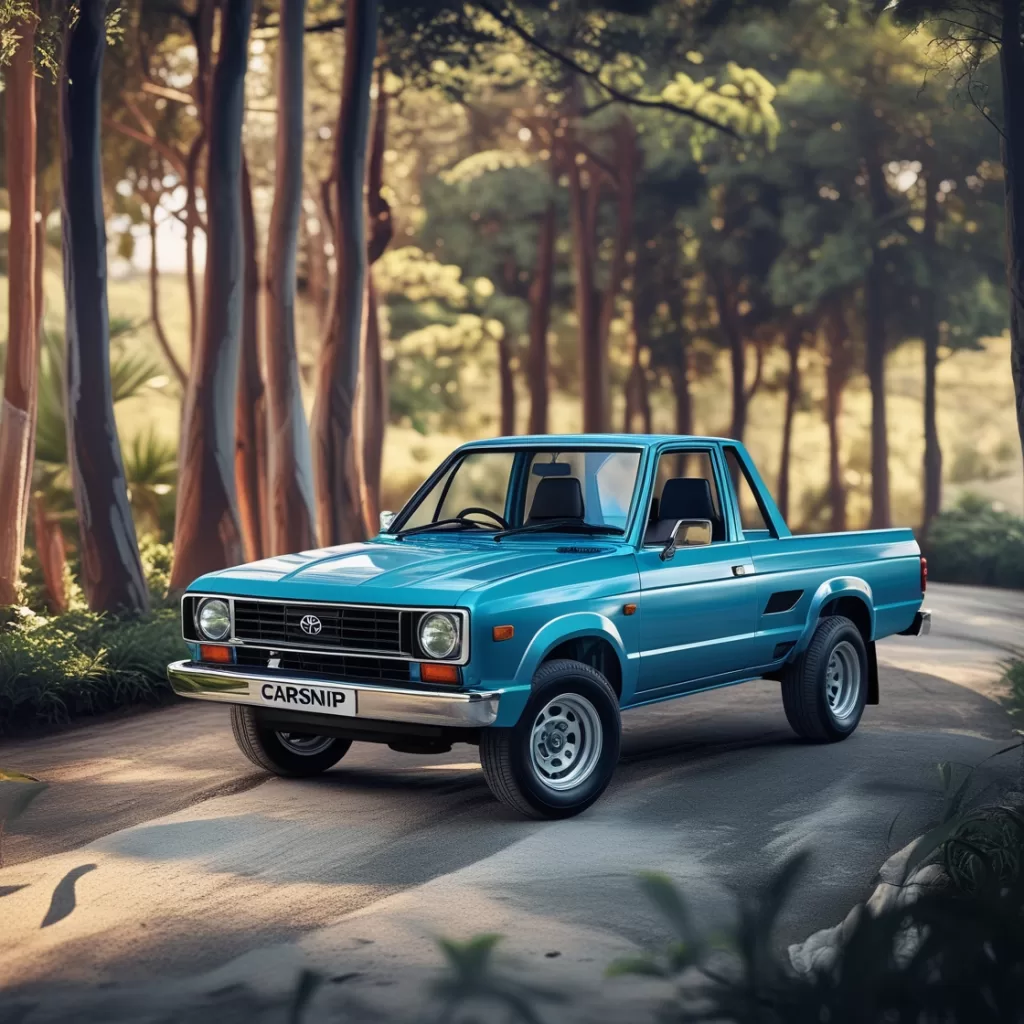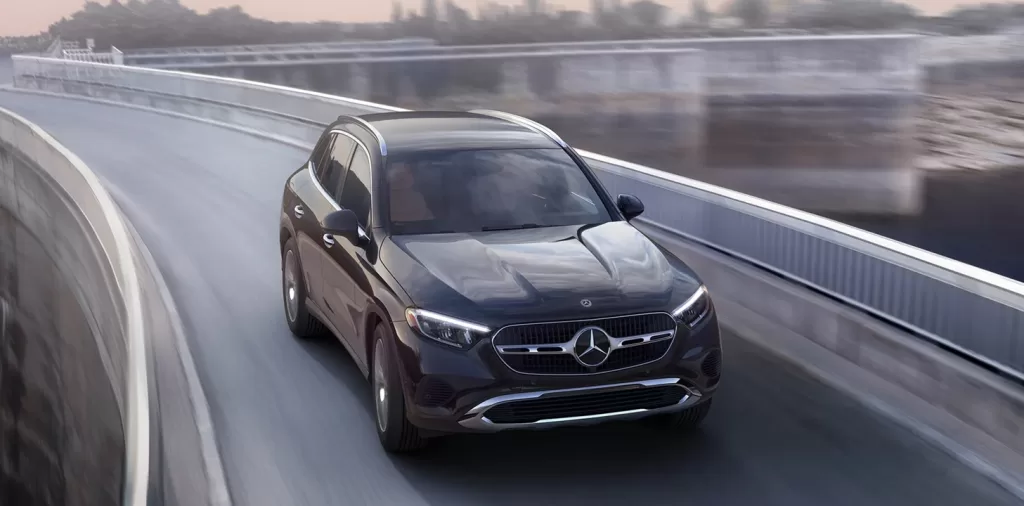Mercedes-Benz Vans just heeded the higher demand for internal combustion engine (ICE) vehicles than electric vehicles in the US. Recently, the van-focused subsidiary of the Mercedes-Benz Group announced that it will continue offering fuel-fed versions in its autos.
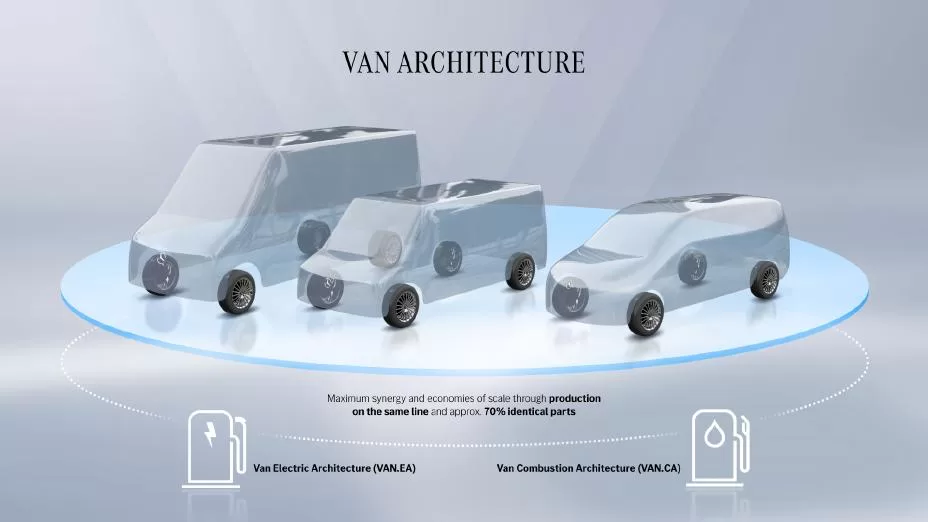
Two years ago, Mercedes-Benz USA (MBUSA) unveiled its plan to integrate the VAN.EA platform in its vans starting in 2026. The move aligned with its 2030 electrification roadmap and ESG (Environmental, Social, and Governance) commitments. The automaker planned to unveil a new line of vans underpinned by the architecture in the spring of 2025.
Initially, the decision hinted at a departure from the ICE versions of Mercedes vans in favor of fully electrified or hybridized models. With that, the latest developments came as a surprise to the automotive community.
Mercedes didn’t reveal much details in its February 20 announcement. However, the company confirmed that its future ICE-powered vans will use the Van Combustion Architecture (VAN.CA). The platform shares 70% of its parts with the VAN.EA and Mercedes will produce both within the same assembly line.
The German brand justified that the strategy allows for “maximum synergies, driving economies of scale.” It expects the highly flexible product portfolio to be its key to staying competitive in the commercial, passenger, and premium segments of the van market.
According to the Kelley Blue Book, the US logged its highest surge in EV sales in 2024, with 1.3 million unit sales. It indicated a 15.2% spike year-over-year in the fourth quarter. It contributed to a 0.3 percent increase in its market share in car and truck sales. The figures didn’t include hybrid sales, though.
Despite the rising trend, the EV market share in the world’s largest economy was only 8.1%. That’s definitely something that Mercedes paid attention to when it backtracked from its strict 2030 plan.
On the other hand, it still maintained its position that its core series will eventually adopt electrification beyond the end of the current decade.

